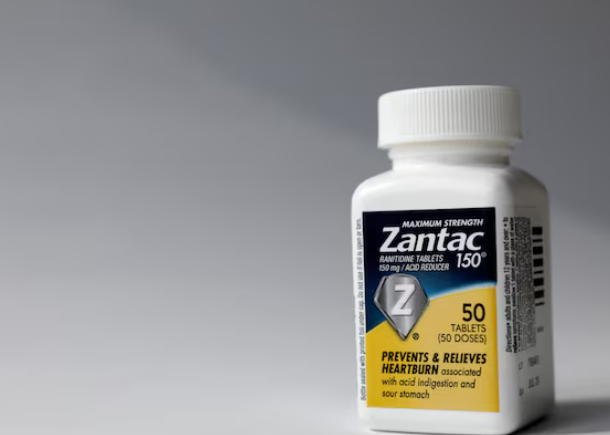GSK has agreed to pay up to $2.2 billion to settle the majority of lawsuits in U.S. state courts that allege a discontinued version of the heartburn drug Zantac caused cancer. The company announced this agreement on Wednesday, stating it resolves about 80,000 cases, or 93% of the pending lawsuits against it in state courts nationwide. In addition, GSK will pay $70 million to settle a related whistleblower lawsuit filed by a Connecticut laboratory.
While GSK did not admit any wrongdoing in this settlement, it emphasized that there is “no consistent or reliable evidence” linking ranitidine, the active ingredient in Zantac, to an increased cancer risk. The company determined that these settlements serve its long-term interests by avoiding the uncertainties of ongoing litigation.
Lead attorneys for the plaintiffs, Jennifer Moore and R. Brent Wisner, expressed their satisfaction with the agreement, stating they were “thrilled” with the outcome.
Zantac, first approved by U.S. regulators in 1983, became the world’s best-selling medicine by 1988, being one of the first drugs to exceed $1 billion in annual sales. Various pharmaceutical companies, including GSK, Pfizer, Sanofi, and Boehringer Ingelheim, sold the drug at different times.
Lawsuits against these companies began accumulating after the U.S. Food and Drug Administration (FDA) requested the withdrawal of Zantac from the market in 2020, citing concerns that ranitidine could degrade into NDMA, a known carcinogen, when exposed to heat or over time.
Pfizer has also settled most of its Zantac cases in state court, while Sanofi announced in April that it would settle about 4,000 cases. Boehringer Ingelheim has not reported any major settlements but is currently facing a trial in Oakland, California, and has denied any wrongdoing.
Moore and Wisner stated, “We continue to pursue claims against Boehringer Ingelheim for its wrongdoing for exposing millions of people to a known carcinogen for over a decade.”
The remaining state court cases are predominantly in Delaware, where a judge recently allowed plaintiffs to present key expert testimony linking Zantac to cancer. The drug companies had tried to exclude this testimony, arguing it lacked sound scientific basis, and they are currently appealing the judge’s ruling to the Delaware Supreme Court.
In a notable previous ruling, a Florida federal court judge determined in 2022 that around 50,000 centralized cases could not proceed due to unreliable expert testimony. About 14,000 of these cases are under appeal and are not included in Wednesday’s settlement.
A current version of Zantac, marketed as Zantac 360, contains a different active ingredient and does not include ranitidine.

